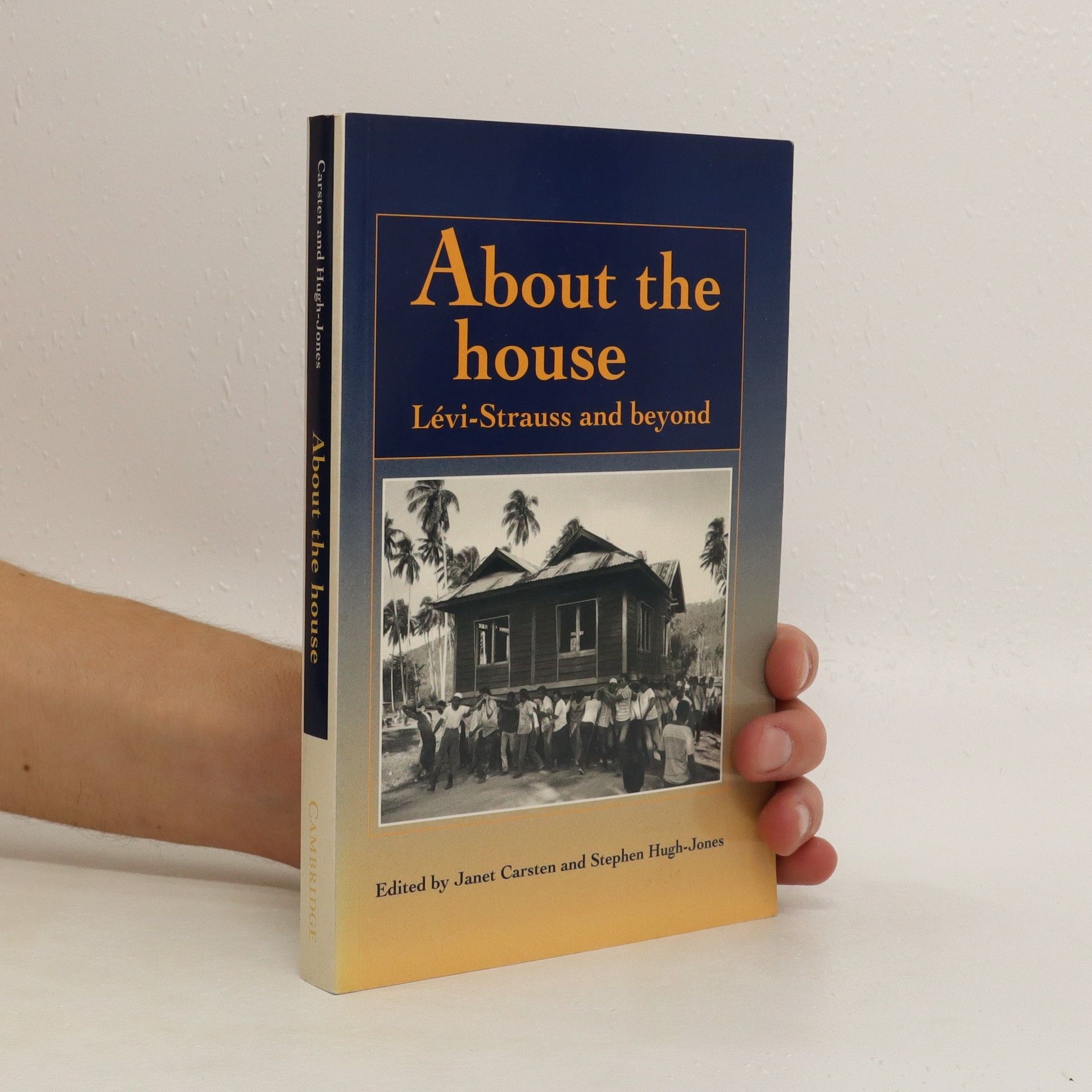About the house : Lévi-Strauss and beyond
- 314pages
- 11 heures de lecture
Exploring interrelationships, this collection analyzes "house" systems in Southeast Asia and South America. It is inspired by Lévi-Strauss's suggestion that the multi-functional noble houses of Medieval Europe were the best-known examples of a widespread social institution.

